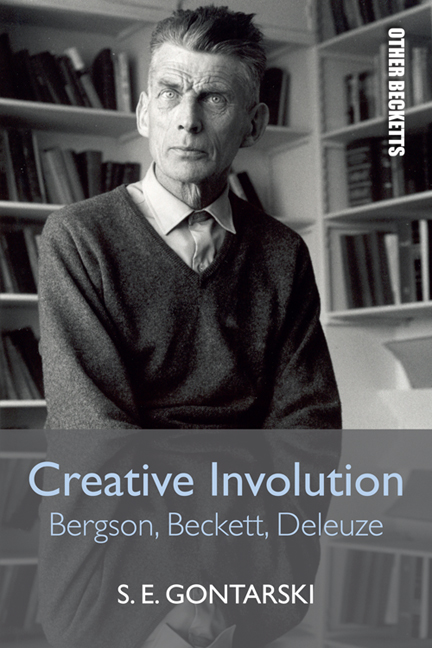Book contents
- Frontmatter
- Contents
- Dedication
- Other Becketts: Series Preface
- Abbreviations for Works
- Acknowledgements
- 1 ‘All the Dead Voices’: A Preface
- 2 ‘A Mixed Choir’ from The Ditch of Astonishment: An Introduction
- Anteriors
- Interiors
- Posteriors
- 9 Becoming Degree Zero: Authors Vanishing into the Zone of Imperceptibility
- Index
9 - Becoming Degree Zero: Authors Vanishing into the Zone of Imperceptibility
from Posteriors
Published online by Cambridge University Press: 05 August 2016
- Frontmatter
- Contents
- Dedication
- Other Becketts: Series Preface
- Abbreviations for Works
- Acknowledgements
- 1 ‘All the Dead Voices’: A Preface
- 2 ‘A Mixed Choir’ from The Ditch of Astonishment: An Introduction
- Anteriors
- Interiors
- Posteriors
- 9 Becoming Degree Zero: Authors Vanishing into the Zone of Imperceptibility
- Index
Summary
The fact is, it seems, that the most you can hope is to be a little less, in the end, the creature you were in the beginning, and the middle. (Molloy 28)
Don't wait to be hunted to hide, that was always my motto. (Molloy 109)
Becoming imperceptible is Life. (Deleuze, Essays Critical and Clinical, 26)
In many respects American writer William Burroughs was an apostle of invisibility, assiduously pursuing versions of physical vanishing and advocating, above all, authorial disappearance. He has on occasion declared himself simply an ethereal medium through which his texts pass into the visible world, as he does in his most celebrated work Naked Lunch: ‘I am a recordinginstrument… Insofar as I succeed in Direct recording of certain areas of psychic process I may have limited function …’ (Burroughs 1959: 221). On 24 November 1960, not long after the novel's publication by Olympia Press in Paris, the nomadic Burroughs delivered a talk to the Heretics Society at Cambridge University entitled ‘The Cut up Method of Brion Gysin’, focusing on the method's extra-authorial mystical and magical qualities. By then it had become ‘The Cut up Method of William Burroughs’ as well, although Burroughs has suggested that the process of cutting up texts was already implicit in Naked Lunch. Through such aesthetics Burroughs was becoming what Alexander Trocchi called himself (in response to an attack by fellow Scots writer Hugh MacDairmid), ‘a cosmonaut of inner space’ and a technician of consciousness. The cut up method was for the visionary Burroughs ‘The Future of the Novel’, as he notes in an essay that credits Trocchi with the phrase he adopts: ‘In my writing I am acting as a mapmaker, an explorer of psychic areas, to use the phrase of Mr. Alexander Trocchi, a cosmonaut of inner space, and I see no point in exploring areas that have already been thoroughly surveyed’ (Burroughs 1998: 272). Burroughs will explore, he informs us, not only inner space but time, especially inner time, as well, and so he becomes what we might call an involutionary explorer, as well.
- Type
- Chapter
- Information
- Creative InvolutionBergson, Beckett, Deleuze, pp. 173 - 186Publisher: Edinburgh University PressPrint publication year: 2015



